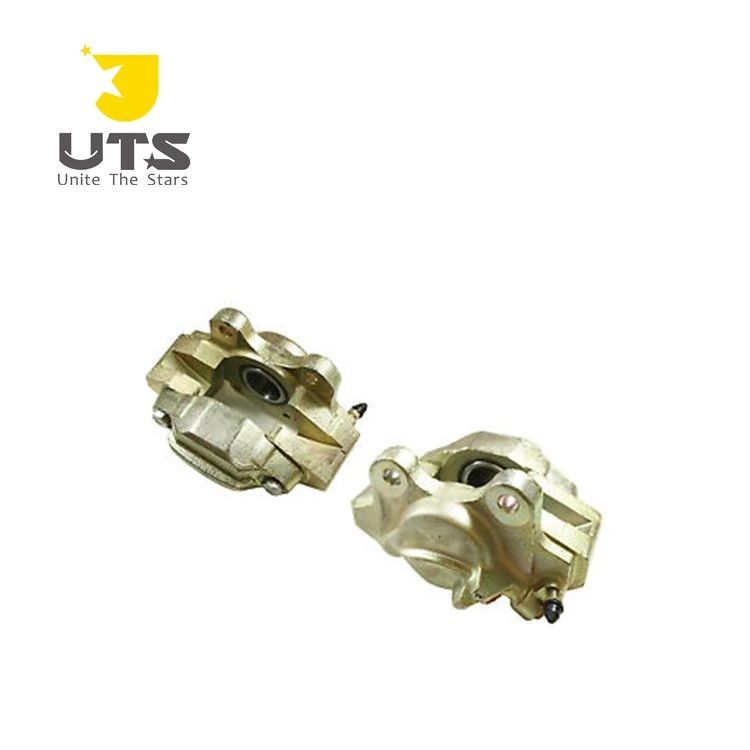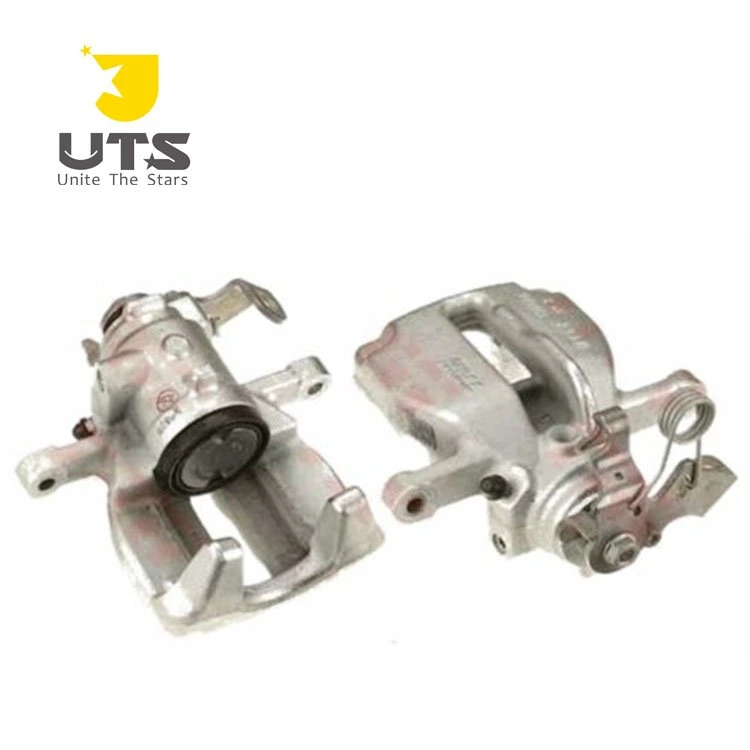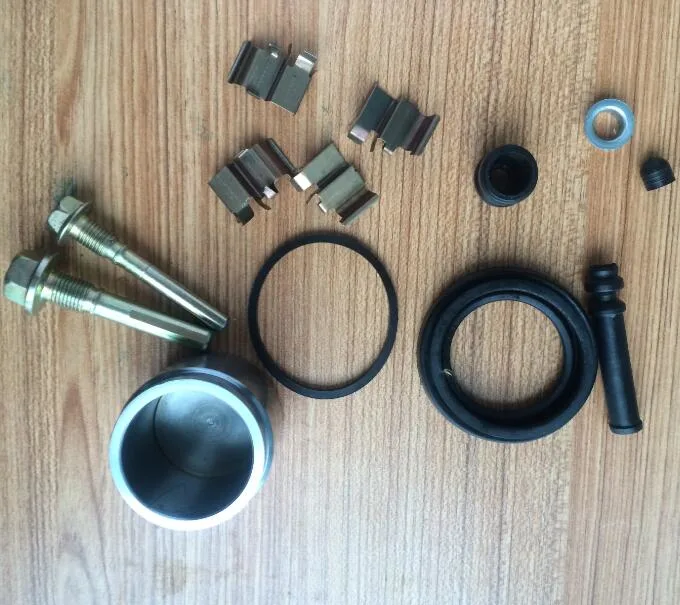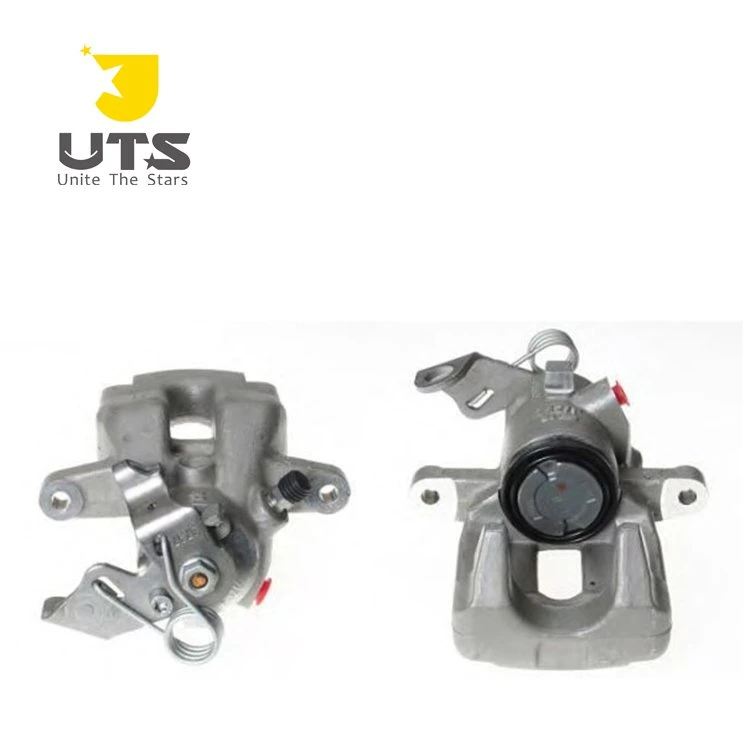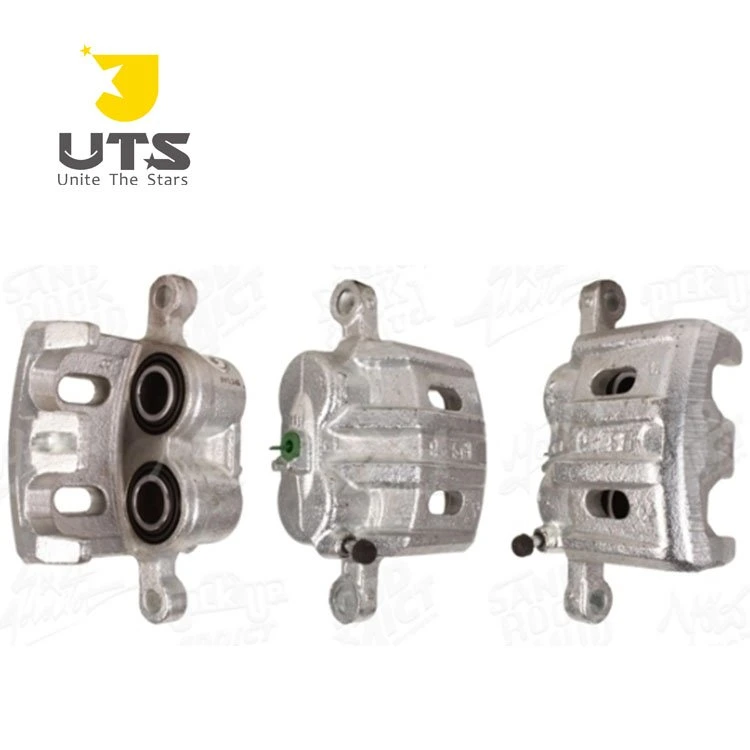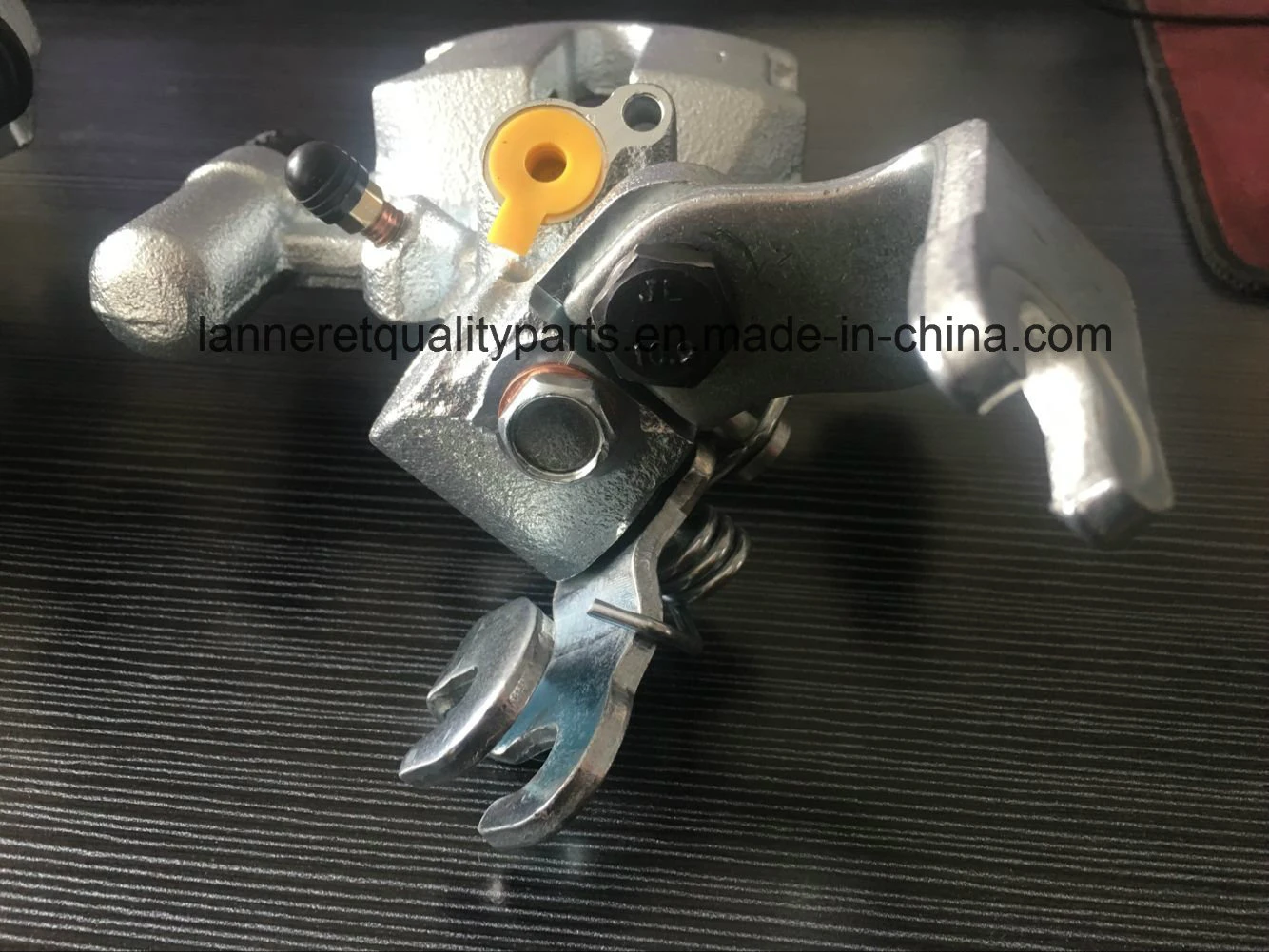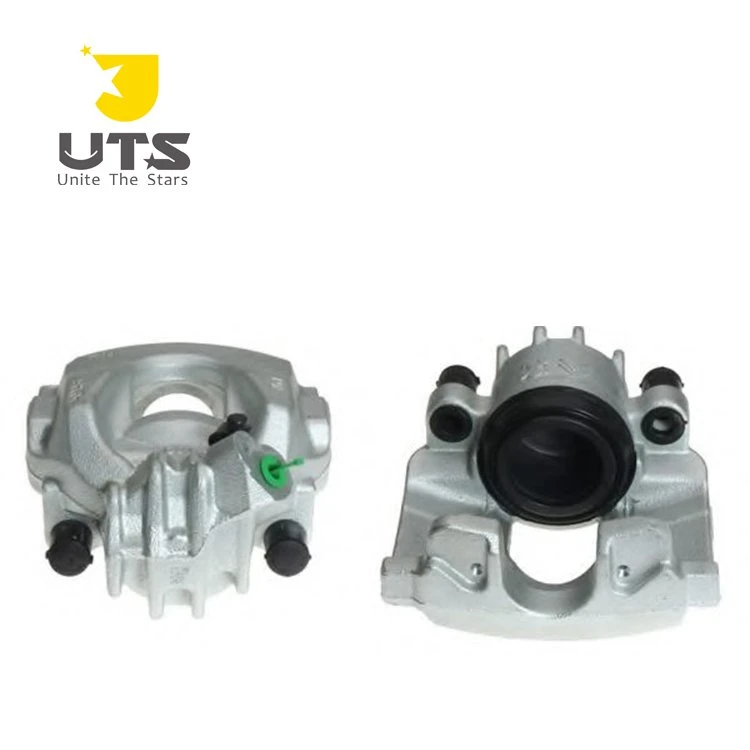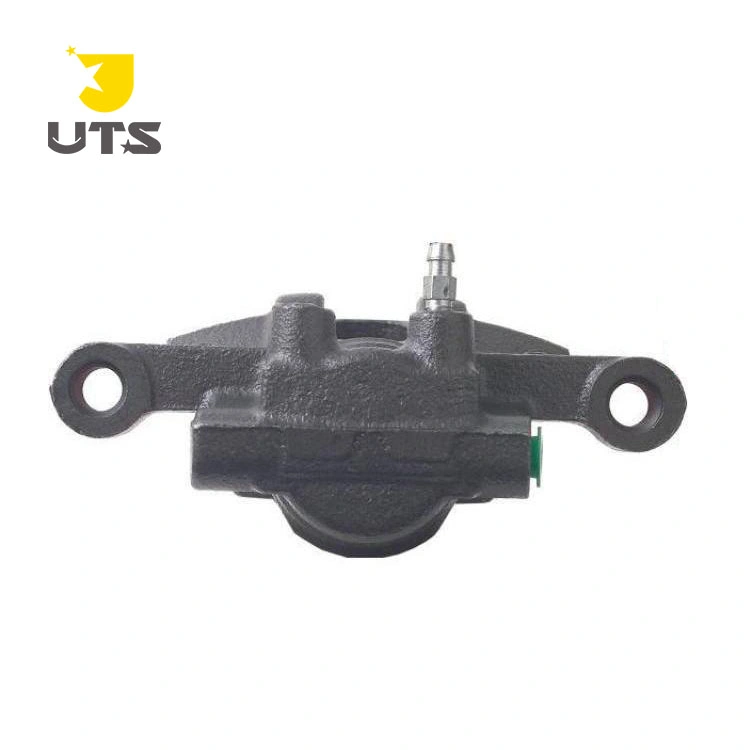By: Jamie Page Deaton & Kristen Hall-Geisler | Updated: Jul 9, 2021
It certainly feels bad when your brake pedal goes all the way to the floor, but is it really all that terrible? In a word, yes. Exactly how bad is a matter for discussion – a discussion you really need to have with a reputable mechanic. Even if your car is still stopping fine, this problem needs to be addressed as soon as possible.
One of the more common causes for the brake pedal going to the floor is a loss of brake fluid. When you're out of brake fluid, your brakes simply won't work. This is pretty easy to diagnose: You should be able to see brake fluid underneath the car if there's a leak in the system. It's colorless, unlike engine oil or antifreeze, and it has the consistency of vegetable oil.
Another possible cause is a bad brake master cylinder. The master cylinder is where brake fluid gets compressed. Pressure on the brake fluid causes the brakes to be applied to the wheels. If your master cylinder doesn't work properly or only works sometimes, you're going to lose braking power. Without that pressure, you won't feel the usual resistance when you press the brake pedal, and it could sink all the way to the floor.
A bad brake booster also could be the culprit. The booster is a mechanism that uses vacuum pressure to take the force being applied to the brake pedal and amplify it. If the booster is bad, then the full amount of force needed to activate the master cylinder and pressurize the brake fluid isn't going to be there. Again, without that pressure, the pedal isn't going to be able to engage the brakes and stop the car.
There's one more thing that could be causing the brake pedal to go all the way to the floor: you, the driver. The more the brakes are used, the hotter the brake fluid gets. The hotter the brake fluid gets, the more liquid and less viscous it becomes. It sounds silly, but it's sort of like what happens to Jell-O on a hot day: It goes from a thickish liquid to a thinner liquid. When the brake fluid gets hot and thin, it needs more force to be pressurized enough to operate the brakes. Your braking system may not be able to generate the force necessary. So, if your brake pedal frequently feels squishy and ineffective, and you can't find a mechanical reason, check out your driving style. Don't ride the brakes, and always make sure you take off the parking brake before you head out.
Today, all cars come with anti-lock brakes, but before they were invented in Britain in 1958, drivers had to pump their brakes multiple times to keep them from locking up.
Please copy/paste the following text to properly cite this HowStuffWorks.com article:

